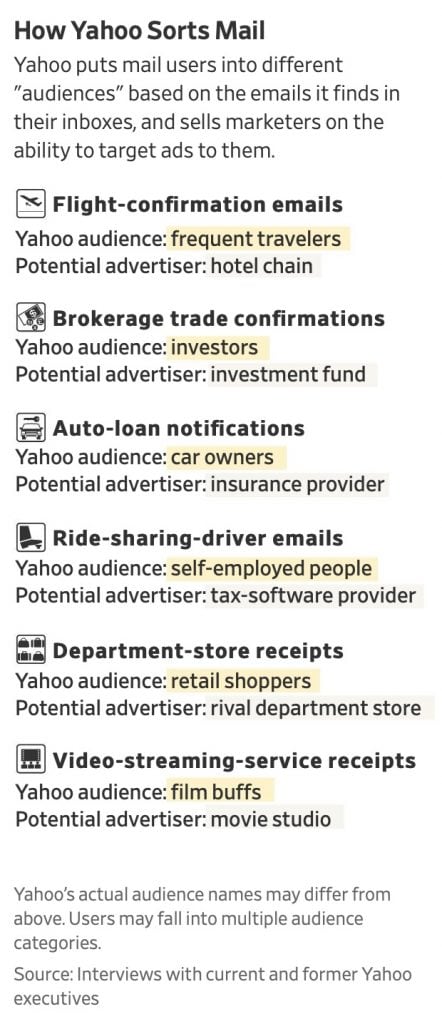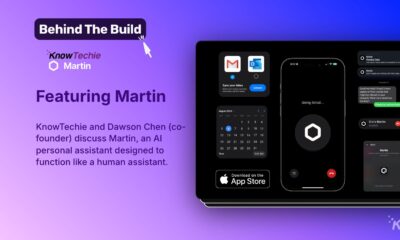News
Yahoo has been scanning your emails to harvest data to sell to advertisers
Thankfully, you can turn the feature off.

Just a heads up, if you buy something through our links, we may get a small share of the sale. It’s one of the ways we keep the lights on here. Click here for more.
The U.S. technology industry long ago stopped scanning emails for information to sell to advertisers. Except for Yahoo, it seems. In marketing pitches, the Oath unit of Verizon Communications says it analyzes more than 200 million Yahoo Mail inboxes looking for clues on what products those users might buy, according to The Wall Street Journal.
According to those who have attended the presentations, the practice extends to AOL Mail, which is also under the Oath umbrella. Yahoo’s method, which isn’t new, has been expanded in recent years as users have switched to smartphones and social networking.
Doug Sharp, Oath’s vice president of data, measurements, and insights, said email scanning is an effective method for improving ad targeting. He notes, however, that the practice only applies to commercial emails and users can elect to opt out.
Further, he says being served ads, which the company also does in Yahoo Mail, is a trade-off made in exchange for free online services.
“Email is an expensive system,” Mr. Sharp said. “I think it’s reasonable and ethical to expect the value exchange, if you’ve got this mail service and there is advertising going on.”
Don’t like email scanning? Yahoo provides an opt-out option to users of both the free and paid services.
Don’t like the ads? You can purchase an ad-free email service through Yahoo for $3.49-per-month.
Last year, Google, the world’s largest email provider, stopped scanning messages in Gmail for ad targeting, explaining it wanted users to “remain confident that Google will keep privacy and security paramount.” Microsoft Corp., which also has a lot of email customers, says it has never followed the practice.

Since Yahoo offers an opt-out for email scanning, I don’t see a problem with the practice, although I can see why others might be alarmed, especially if they were unaware of how data aggregation and targeting works.
Where do you stand on the matter? Leave your comments below.
- Piaggio is getting ready to launch a blue-accented Vespa Elettrica scooter
- Google’s video chat app, Duo, is now on iPad and Android-based tablets
- Ninja Warrior hits Fortnite with this streamer-made course































